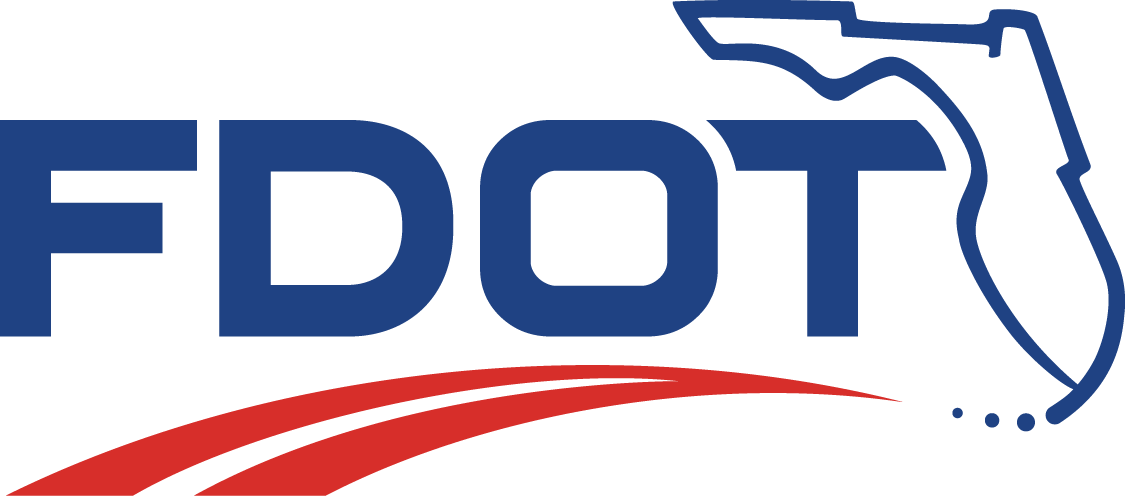Security Planning
The Florida Department of Transportation (FDOT) Aviation Office supports security planning efforts and operations through the national Airport Watch Program, General Aviation (GA) Airport Security Requirements, the Transportation Security Administration’s (TSA) Commercial Service Airport Security Requirements, and through means of Security Project Funding.
Airport Watch Program
The Aircraft Owners and Pilots Association (AOPA) partners with TSA to coordinate a nationwide Airport Watch Program that uses the eyes and ears of more than 600,000 pilots for observing and reporting
suspicious activity. Features of the program include identifying warning signs for airports, providing informational literature, and a video that trains pilots and airport employees to enhance security at their airports. The Airport Watch Program
emphasizes a lock up and look out approach to airport security, noting that airport security is the responsibility of all airport users and employees. As part of the program, AOPA also offers the GA Security for Everyone course, a free, online
interactive course that provides practical suggestions to shield an airport from crime and terrorist activities, and to protect the reputation of general aviation by employing industry best practices. The Airport Watch Program is supported by a 24-hour,
centralized, government-provided toll-free hotline (1-866-GA-SECURE) and a system for reporting and acting on the information.
You may contact the Airspace Protection and Security Manager for additional Information. More detailed information on the program itself and training materials can be found at AOPA’s Airport Watch Program website.
General Aviation Airport Security Requirements
Pursuant to Section 330.30(2)(f), FS,
GA airports meeting certain criteria are required to submit a security plan to FDOT for approval. These airports include those that are open to the public, that have at least one runway greater than 4,999 feet in length, and that do not host
scheduled passenger-carrying commercial service operations. Security plans must be developed in accordance with the 2004 Security Planning for General Aviation Airports guidelines,
developed by the Florida Airports Council, and which incorporates guidelines from the TSA’s Security Guidelines for General Aviation Airports 2004 publication.
You may contact the Aviation Operations Administrator for additional information.
Commercial Service Airport Security Requirements
Following September 11, 2001, the TSA was created to strengthen the security of the nation’s transportation systems and ensure the freedom of movement for people and commerce.
Today, TSA secures the nation’s airports and screens all commercial airline passengers and baggage. TSA uses a risk-based strategy and works closely with transportation, law enforcement and intelligence agencies to set the standard for excellence
in transportation security.
TSA’s rules for civil aviation security are contained in Title 49 of the Code of Federal Regulations (CFR), Chapter XII, Subchapter C.
Part 1540 Civil Aviation Security: General Rules contains rules that cover all segments of civil aviation security. It contains definitions that apply to Subchapter C, and it contains rules that apply to passengers, aviation employees, and other individuals and persons related to civil aviation security, including airport operators, aircraft operators, and foreign air carriers.
Part 1542 Airport Security requires airport operators adopt and carry out a security program approved by TSA. It describes requirements for security programs, including establishing secured areas, air operations areas, security identification display areas, and access control systems. This part also contains requirements for fingerprint-based criminal history record checks of specified individuals. This part describes the requirements related to Security Directives issued to airport operators.
You may contact the Airspace Protection and Security Manager for additional Information. More information on TSA’s rules and security measures is available at the TSA website.
Security Project Funding
Pursuant to Section 320.08058(32), FS,
FDOT has the authority to use revenues received from the “United We Stand” Florida license plate to fund security-related aviation projects. Pursuant to Section 332.007(8), FS,
FDOT may use this funding on security projects at publicly owned, public-use airports.
You may contact the Aviation Operations Administrator for additional information.

